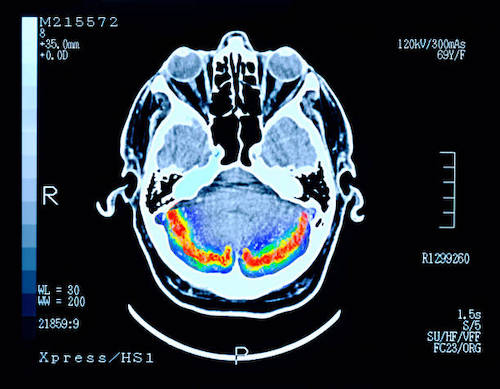Alzheimer’s disease and dementia represent a significant and growing public health challenge globally. As the aging population continues to expand, the prevalence of these cognitive disorders is expected to rise substantially. While there is currently no cure for Alzheimer’s or dementia, research suggests that certain lifestyle choices and interventions may help reduce the risk of developing these conditions or delay their onset. In this article, we explore various strategies and insights into Alzheimer’s and dementia prevention.
Understanding Alzheimer’s and Dementia:
Alzheimer’s disease is the most common form of dementia, characterized by progressive memory loss, cognitive decline, and changes in behavior and personality. Dementia is a broader term encompassing various conditions that involve cognitive impairment severe enough to interfere with daily life. While age is the primary risk factor for both Alzheimer’s and dementia, genetics, lifestyle factors, and environmental influences also play significant roles.
Key Strategies for Prevention:
Engage in Regular Physical Activity:
Physical exercise has been shown to have numerous benefits for brain health. It improves blood flow to the brain, promotes the formation of new neural connections, and reduces the risk of conditions such as hypertension, diabetes, and obesity, which are associated with a higher risk of dementia.
Adopt a Healthy Diet:
A balanced diet rich in fruits, vegetables, whole grains, lean proteins, and healthy fats can support brain health and reduce the risk of cognitive decline. Foods high in antioxidants, omega-3 fatty acids, and vitamins B, C, and E are particularly beneficial. Limiting the intake of processed foods, sugary snacks, and saturated fats is also important.
Maintain Social and Cognitive Engagement:
Staying socially and intellectually active can help preserve cognitive function and reduce the risk of dementia. Engaging in activities such as reading, puzzles, board games, volunteering, and socializing with friends and family can stimulate the brain and enhance its resilience against age-related decline.
Get Quality Sleep:
Poor sleep quality and sleep disorders have been linked to an increased risk of cognitive impairment and dementia. Prioritizing good sleep hygiene, such as maintaining a consistent sleep schedule, creating a relaxing bedtime routine, and ensuring a comfortable sleep environment, can support brain health and cognitive function.
Manage Stress:
Chronic stress has been associated with accelerated cognitive decline and an increased risk of Alzheimer’s disease. Finding effective stress management techniques such as meditation, yoga, deep breathing exercises, or engaging in hobbies can help protect brain health and mitigate the negative effects of stress.
Protect Brain Health:
Taking steps to protect the brain from injury and neurodegeneration is crucial for preventing dementia. This includes wearing helmets during sports activities, practicing safe driving habits, wearing seatbelts, and taking precautions to prevent falls, which can lead to traumatic brain injuries.
While there is currently no definitive way to prevent Alzheimer’s disease and dementia, adopting a healthy lifestyle and engaging in brain-healthy behaviors can significantly reduce the risk and delay the onset of cognitive decline. By incorporating regular physical activity, a nutritious diet, social and cognitive engagement, quality sleep, stress management techniques, and brain protection measures into daily life, individuals can empower themselves to promote brain health and preserve cognitive function as they age. Additionally, ongoing research into the prevention and treatment of Alzheimer’s and dementia continues to provide hope for future advancements in our understanding and management of these conditions.



